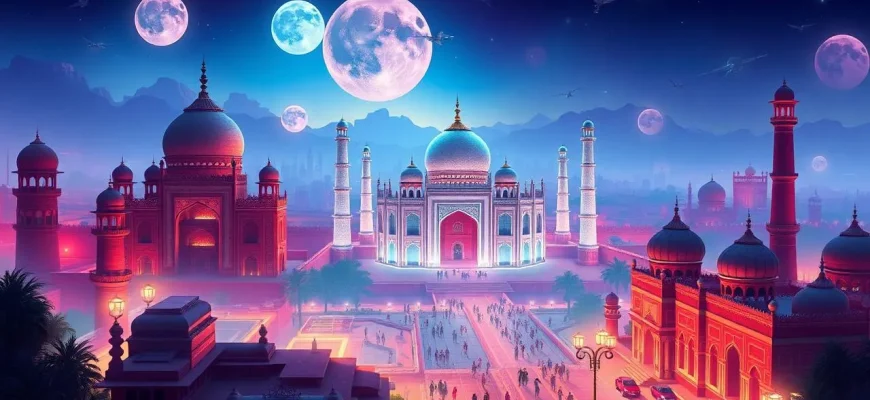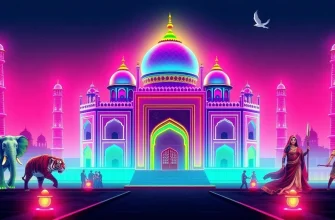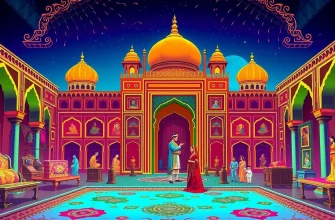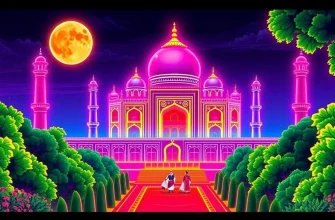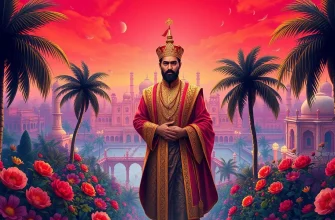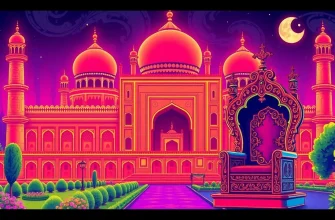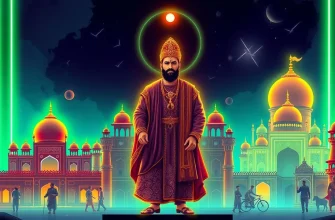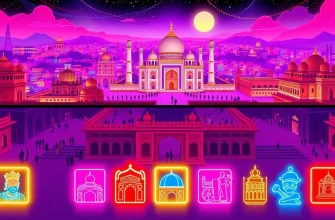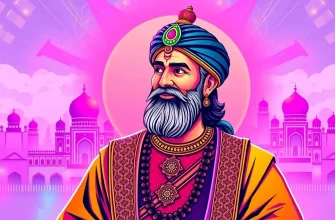The Mughal Empire, with its opulence, architectural marvels, and intricate cultural tapestry, has always been a fascinating subject for filmmakers. This curated list of 10 films delves into the heart of Mughal culture, offering viewers a glimpse into the lives of emperors, their courts, and the societal dynamics of the time. From epic tales of love and war to the portrayal of political intrigue, these films provide a cinematic journey through one of India's most illustrious periods, making them a must-watch for history buffs and cinema lovers alike.
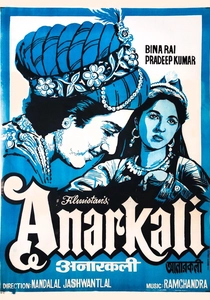
Anarkali (1953)
Description: This film, based on the same legend as Mughal-E-Azam, focuses on the tragic love story between Prince Salim and Anarkali, offering a different perspective on their doomed romance.
Fact: It was one of the earliest films to depict the Mughal era on screen, setting a benchmark for historical dramas.
 Watch Now
Watch Now
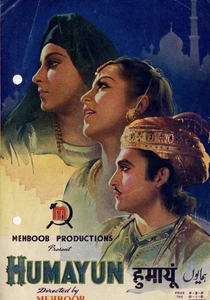
Humayun (1945)
Description: This film focuses on the life of Humayun, the second Mughal Emperor, showcasing his struggles to maintain his empire amidst political turmoil.
Fact: It was one of the earliest films to explore the lesser-known aspects of Mughal history.
 Watch Now
Watch Now
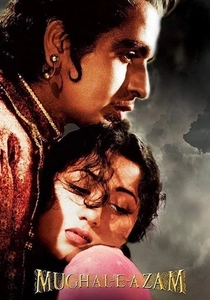
Mughal-E-Azam (1960)
Description: A timeless classic, this film tells the tale of Prince Salim's love for a court dancer, Anarkali, against the backdrop of the Mughal court's grandeur and the emperor's disapproval.
Fact: It was the first Indian film to be digitally colored and re-released, showcasing the opulence of the Mughal era in vibrant hues.
 30 Days Free
30 Days Free
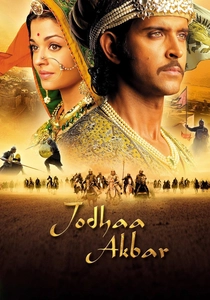
Jodhaa Akbar (2008)
Description: This epic historical romance captures the legendary love story between Emperor Akbar and his Rajput wife, Jodhaa, highlighting the cultural amalgamation and tolerance during his reign.
Fact: The film was shot in over 100 locations, including Karjat, Amber Fort, and Agra Fort, to authentically recreate the Mughal era.
 30 Days Free
30 Days Free

Taj Mahal: An Eternal Love Story (2005)
Description: This film explores the love story of Shah Jahan and Mumtaz Mahal, culminating in the construction of the Taj Mahal, a monument of love and architectural brilliance.
Fact: The film was shot at the actual Taj Mahal, providing an authentic backdrop to the narrative.
 30 Days Free
30 Days Free

The Chess Players (1977)
Description: While not directly about Mughal culture, this film set during the decline of the Mughal Empire, explores the themes of political apathy and the British annexation of Awadh.
Fact: Directed by Satyajit Ray, it was his only Hindi film, showcasing his unique storytelling style.
 30 Days Free
30 Days Free

Emperor Akbar (1960)
Description: This film delves into the life of Akbar, focusing on his efforts to unite his empire through religious tolerance and his famous 'Din-i Ilahi'.
Fact: It was one of the first films to portray Akbar's vision of religious harmony.
 30 Days Free
30 Days Free

Shah Jahan (1946)
Description: This film narrates the life of Shah Jahan, his love for Mumtaz Mahal, and the construction of the Taj Mahal, emphasizing the emotional depth of their relationship.
Fact: It was one of the earliest films to use the Taj Mahal as a central theme.
 30 Days Free
30 Days Free

The Great Mughal (1964)
Description: A biographical film on Emperor Akbar, this movie highlights his military campaigns, his court, and his efforts to consolidate his empire.
Fact: The film was known for its elaborate sets and costumes, aiming to authentically recreate the Mughal court.
 30 Days Free
30 Days Free

The Last Mughal (1957)
Description: This film portrays the life of Bahadur Shah Zafar, the last Mughal Emperor, during the 1857 Indian Rebellion, capturing the end of an era.
Fact: It was released during the centenary of the 1857 uprising, adding a poignant historical context to its release.
 30 Days Free
30 Days Free

